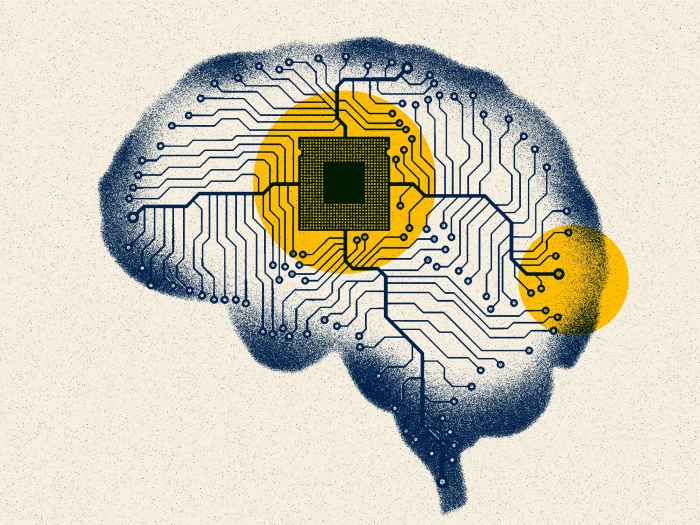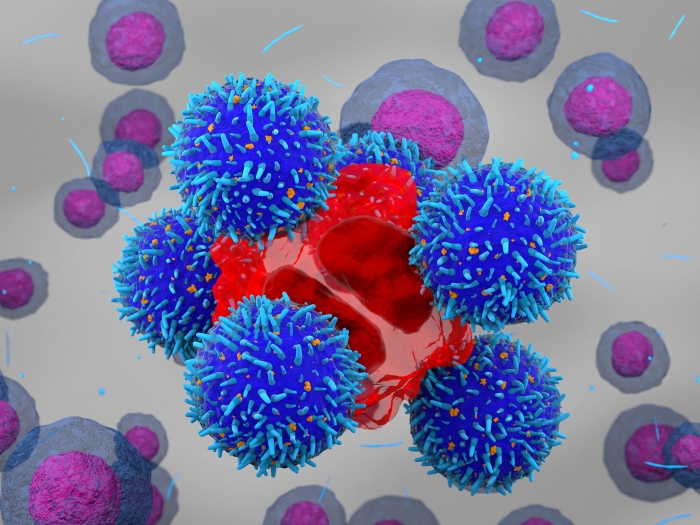Experts discuss what it means to live well with the condition
1:00 PM
Author |
Bipolar Disorder is a mental health condition that causes mood swings, including episodes of mania and depression. People living with bipolar disorder may face a range of challenges, including managing their symptoms, maintaining healthy relationships, and navigating work.
A critical piece of mental health care that is often left out of our conversations are wellness and wellbeing.
“Health is more than the absence of disease…”
Sarah Sperry, Ph.D., explains that in clinic and research practices, many tend to focus on what is not going well for the patient or research participant.
Health care systems are set up to ask individuals questions about the severity of their symptoms or functional impairments. When we see improvements in symptoms or impairment, those improvements are equated to treatment success.
“Sometimes, we think about the absence of symptoms or impairment as wellness,” said Sperry.
There is an increased effort for training programs and in research practices to better capture wellbeing, but there’s a lot more work to be done.
A new way to measure wellness
When it comes to wellness, Michigan Medicine’s Heinz C. Prechter Bipolar Research Program developed an initiative to try to help move the needle forward called the Prechter Program Learning Health System.
The Learning Health System involves organizations or networks continuously adapting by using data to generate knowledge, engage stakeholders and people with lived experience, and implement behavior change to transform practice.
A critical component to the program is developing a strong learning community that includes and engages individuals with lived experience.
With the instrumental help of Alexandra Vinson, Ph.D., assistant professor of Learning Health Sciences at U-M, the Prechter Program formed its first learning community in 2022. The program works side-by-side with individuals who have lived experience, as well as with their family members, clinicians, researchers, staff and trainees.
A major goal of the program is to design a measure of wellness to be used in research and clinical settings. The learning community’s priorities include individualization, looking at fluctuations in wellness week to week (including quantitative and qualitative components to the measure), ensuring that it can be administered in clinical and research settings, and that it is simple enough to be done alone or with a caregiver.
The recipe of acceptance
Family members, caretakers and those living with bipolar disorder can sometimes struggle with accepting a diagnosis. Because of the stigma attached to having bipolar disorder, individuals may originally reject it or feel negatively towards it.
Wendy, a Prechter Program research participant, says she went through the same process.
“It is a grieving process to come through the other side of [a bipolar diagnosis] and say this is something that I have. What are my limitations? What am I capable of? What can I do to move through this? You can have a normal life to the extent that anyone can.”
Acceptance is an important part of the mental health care for an individual and their family members. Sarah, a Prechter Program participant and family member to someone living with bipolar disorder, says there are challenges that exist in supporting a loved one with the condition, but it's still important.
“[Own] the diagnosis. You’ve got to own this, it doesn’t need to own you, but have to own it. Accepting that this is a journey. This is a disease, it’s not a health problem that has a mechanical fix, it’s not a broken bone. You’re trying to make a recipe. You’re going to have to tweak it and sometimes this thing that worked before isn’t going to work [now] and sometimes this thing that didn’t work before is worth another shot.”
While wellness means something different to everyone, the experts say it’s important to extend current clinical and research practices beyond reducing symptoms and functional impairments. Measuring success in treatment for those living with bipolar disorder and other mental health conditions needs to be broadened to measuring feelings of purpose, independence and self-acceptance.
The experts also note now is the time to transform mental health care and research to be done side-by-side with lived experience specialists.
To hear more about what it means to live well with bipolar disorder and the Prechter Program Learning Health System initiative, watch the “Living Well with Bipolar Disorder” webinar or play the video above.
Additional resources:

Explore a variety of health care news & stories by visiting the Health Lab home page for more articles.

Department of Communication at Michigan Medicine
Want top health & research news weekly? Sign up for Health Lab’s newsletters today!





